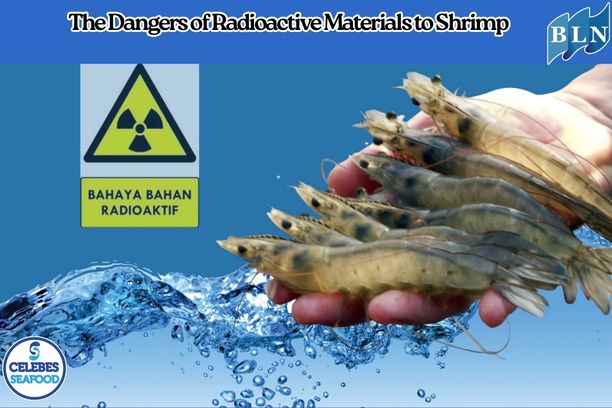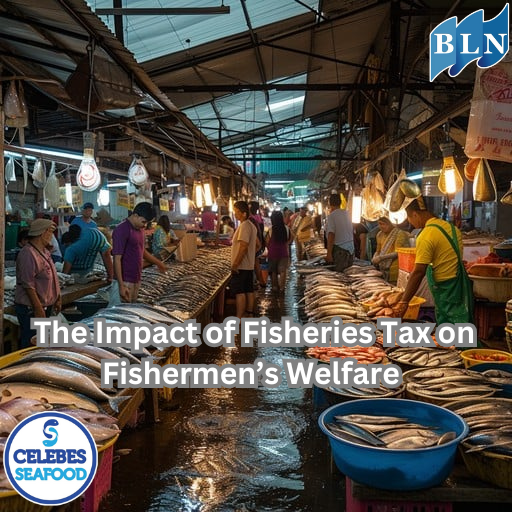The Impact of Octopus Fishing on Marine Ecosystems
By. Alfian - 29 Aug 2025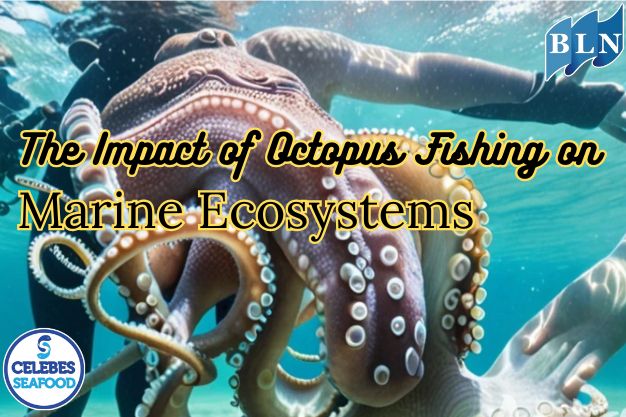
lautnusantara.com The fishing of octopus, especially when it's excessive or unregulated, can have a variety of significant impacts on the marine ecosystem. Octopuses are important predators in the food chain and play a unique ecological role, so their population greatly affects environmental balance.
Here are the main impacts of octopus fishing on the marine ecosystem:
1. Decline in Octopus Population
The most direct impact of fishing is a decline in octopus stocks or populations. High market demand, both local and international, often leads to overfishing. Although octopuses are a fast-reproducing species, intensive fishing can catch them before they reach reproductive age or lay eggs. This disrupts their natural life cycle and can cause populations to decline drastically, as has occurred in several areas around the world.
2. Disruption of the Food Chain
Octopuses act as predators on the seabed. Their primary diet consists of crabs, shrimp, lobsters, and various small fish. If the octopus population declines, the population of their prey can increase uncontrollably, which in turn can disrupt the ecosystem's balance. Conversely, octopuses are also prey for larger predators like sharks, seals, and dolphins. A decrease in the number of octopuses as a food source can affect the survival of these top predators.
3. Habitat Damage and Fishing Gear Impact
The methods used for catching octopus also have a direct impact on marine habitats. While some methods like pots or hook-and-line are relatively environmentally friendly, other more destructive methods, such as bottom trawling, can cause severe damage. Bottom trawling drags heavy nets along the seabed, destroying coral reefs, seagrass beds, and other important habitats that serve as shelter and breeding grounds for many marine species, including the octopus itself.
Additionally, if octopus pots or traps are lost at sea, they can become "ghost gear" that continues to accidentally catch other marine life, although this risk is smaller compared to lost fishing nets.
Solutions for Sustainability
Given these impacts, many fishing communities and conservation organizations are starting to implement more sustainable octopus fishery management strategies, such as a system of periodic closures. This system designates specific times or areas where fishing is prohibited, giving octopuses time to grow and reproduce. Initiatives like this, as have been implemented in several regions in Indonesia, show positive results in restoring octopus populations and maintaining the overall health of the marine ecosystem.
If you are interested in our OCTOPUS LEGS, OCTOPUS WHOLE CLEANED BALL TYPE, OCTOPUS WHOLE CLEANED FLOWER TYPE, Octopus Whole Cleaned Yucatan please do not hesitate to contact us through email and/or whatsapp.
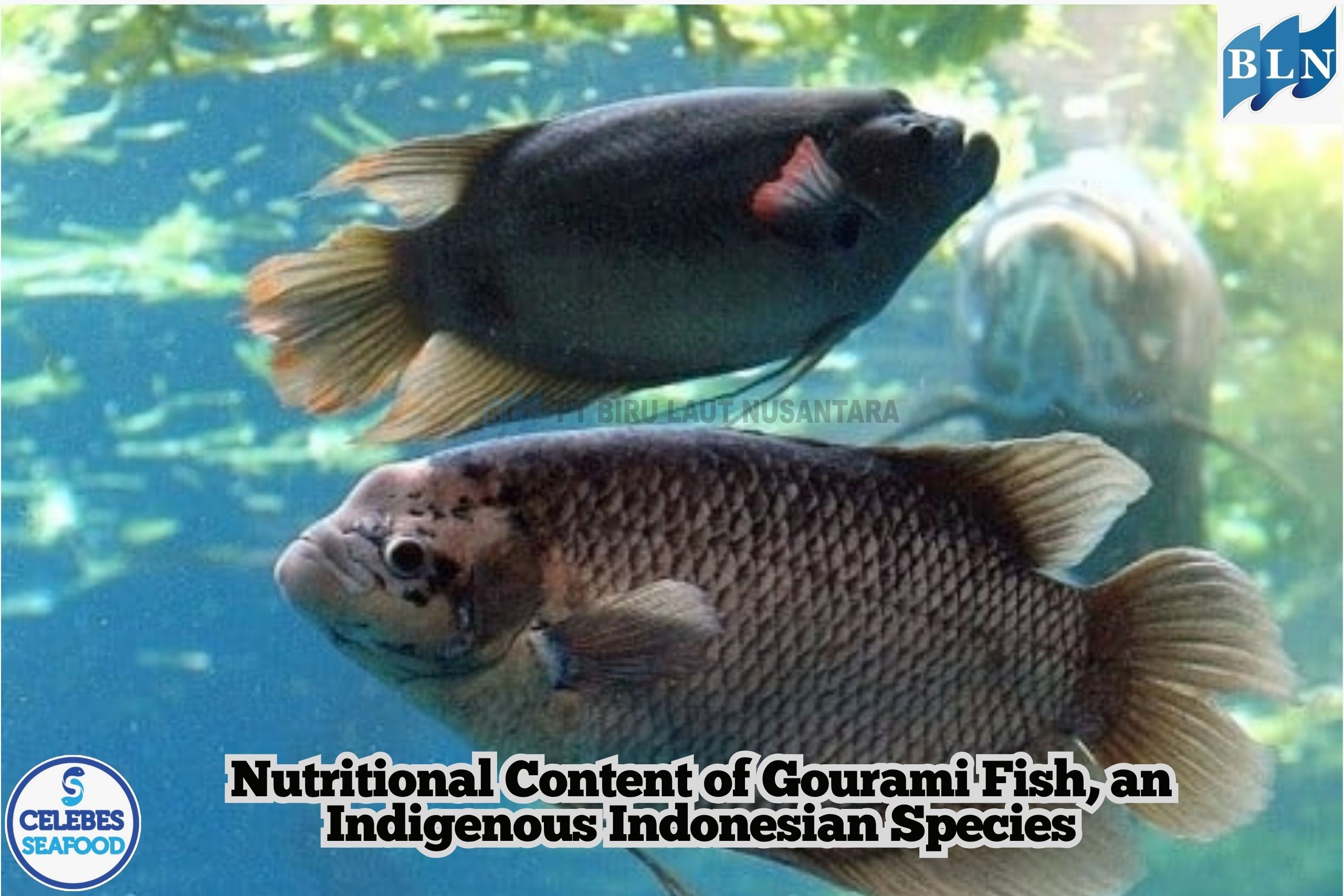
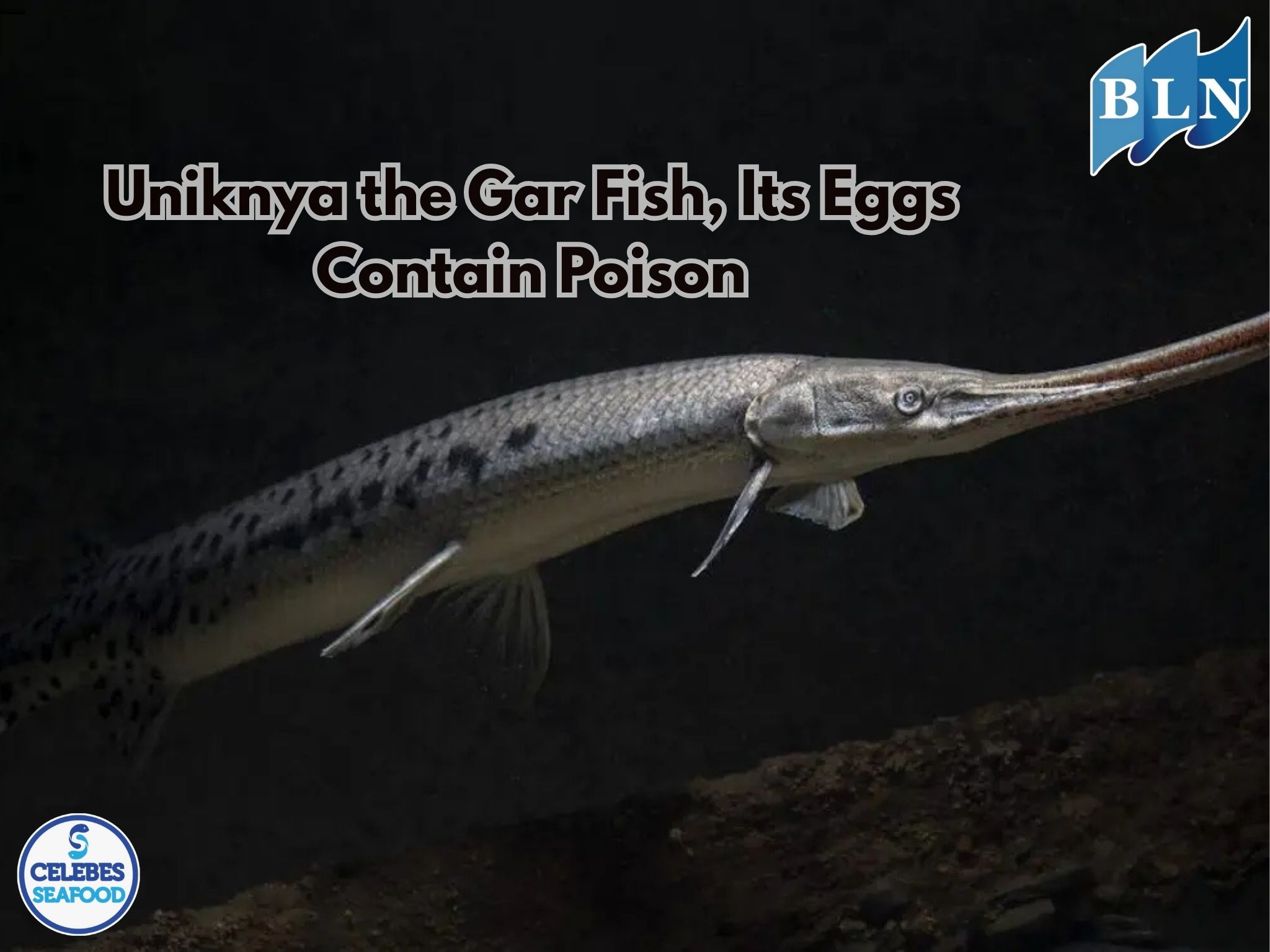
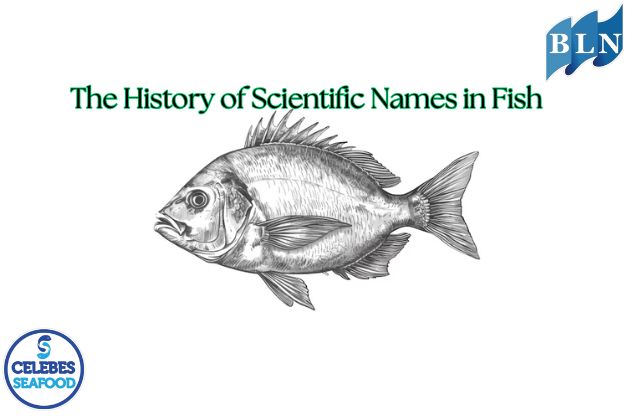
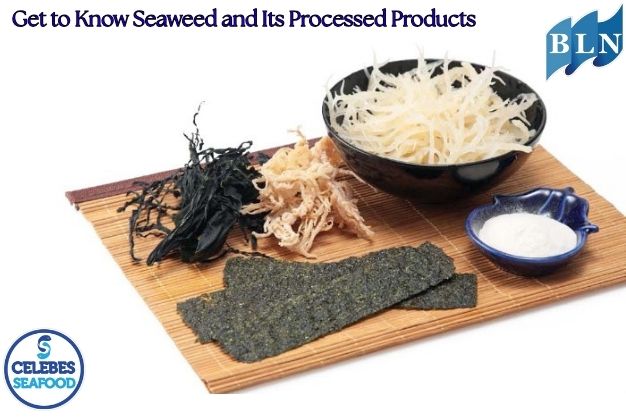
 in Ball Shape (Balltype) for Export.jpg)
.jpg)
